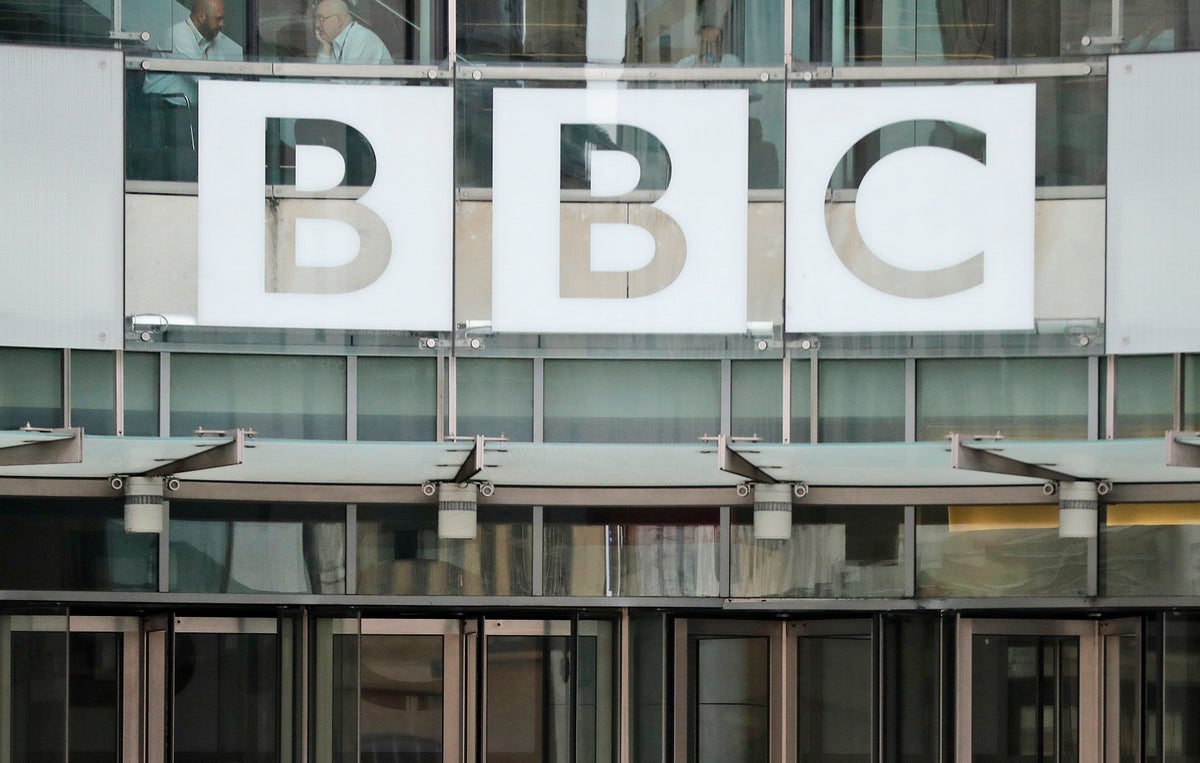
Renewed criticism of the BBC this week by the Indian government is a clear sign that the row over the broadcaster’s coverage – and the subsequent raids on its offices by the Indian tax authorities – remain deeply thorny issues for UK-India relations.
India has taken issue with the BBC’s coverage of the country in the past, but the Narendra Modi government’s stance towards the broadcaster spilled over into open animosity after the release of a documentary series questioning the prime minister’s role in the deadly 2002 Gujarat riots, as well as his relationship with Indian Muslims more broadly.
With talks on a much sought-after post-Brexit trade deal still in the balance, the British government has gone out of its way to emphasise that the BBC has editorial independence, waiting a week to offer only a muted defence of its own public service broadcaster.
In the Sunak government’s first substantive remarks since tax agents entered the BBC’s India offices, foreign office minister David Rutley categorically refused to criticise the raids that were described as “deeply worrying” and “intimidation” of the press by opposition MPs.
Nonetheless, speaking earlier on Tuesday, Indian foreign minister Subrahmanyam Jaishankar called the BBC’s Modi documentary an attempt by London to influence India’s 2024 general election, where Mr Modi is the firm favourite to win a third term in office. He accused the BBC of being controlled by political forces without clearly stating what those might be, blurring the lines between the BBC as a media organisation and the UK as a political power.
Asked about the documentary, he told the ANI news agency: “You think the timing is accidental?”
“We are not debating just a documentary or a speech that somebody gave in a European city or a newspaper edits somewhere. We are debating actually politics, which is being conducted ostensibly as media. There is a phrase ‘war by other means’. this is politics by another means.
“Let me tell you one thing – I don’t know if election season has started in India and Delhi or not. but for sure it has started in London and New York. This is politics at play by people who do not have the courage to come into the political field. They want to have the Teflon cover saying I am an NGO, I am a media organisation etc, but they are playing politics.”
The BBC is viewed by many in India as the UK’s state-run broadcaster, perhaps unsurprisingly given the complexities of its funding model and relationship with the government.
That could be why Mr Rutley spent a large part of the UK government’s first detailed comments on the BBC India row explaining how the broadcaster actually functions, alongside his comments emphasising the importance of healthy London-New Delhi relations.
The BBC operates under the royal charter, which lays out its mission and purpose as well as its governance structure, all of which are independent of the UK government of the day.
The broadcaster is led by the BBC board, which appoints its director-general and other senior executives and issues reports on how it is meeting its public service remit. Four board members and the chair are appointed by the King on the recommendations of the government, but a large majority are named by the board’s own nominating committee.
The broadcaster receives most of its funding directly from viewers in the form of the TV licence fee – required by law for anyone in the UK who wants to watch live TV, whether or not that includes the BBC’s channels. This money does not come from the UK government but it does have a role in setting the amount, currently £159 a year per household.
In addition the broadcaster gets a significant portion of its income from selling BBC Studios productions worldwide and through advertising to non-UK viewers and readers.
Perhaps the clearest case for arguing that the BBC is editorially independent from the UK government is the fact that the government is typically one of its staunchest critics – and visa versa.
This was the point made by Mr Rutley on Tuesday, even as he said it was “vital for the BBC to have that independent voice”.
“We stand up for the BBC. We fund the BBC. We think the BBC World Service is vital,” he said.
“We want the BBC to have that editorial freedom. It criticises us, it criticises the Labour party, and it has that freedom that we believe is so important. That freedom is key, and we want to be able to communicate its importance to our friends across the world, including the government in India.”







